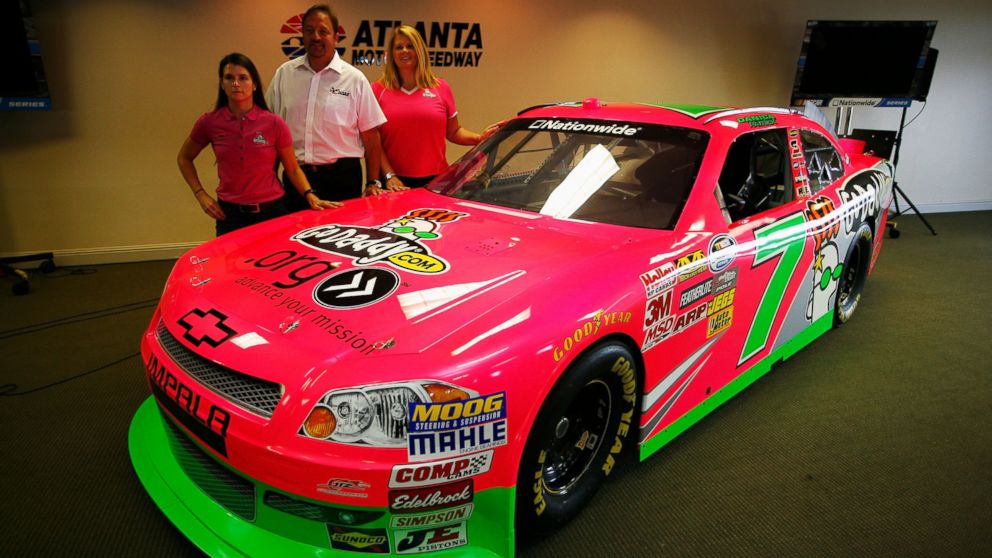Pink Washing Is Real and It Hurts [Commentary]
Some companies use the pink ribbon to run lucrative campaigns.

Oct. 10, 2013— -- The Issue
You put on your pink ribbon sweatshirt, spritz on some perfume, and head to the store. After loading your cart with the usuals - milk, veggies, whole grain bread - you pause at the chips before you grab a bag and toss it into your cart.
There’s a big pink ribbon emblazoned on the bag and you like the idea of donating to a good cause. After all, that’s why you bought that sweatshirt and that perfume. Your mom and great aunt both survived breast cancer, and that coworker you adore was just diagnosed. Buying stuff to support breast cancer research makes you feel good. Especially when it’s a disease that can leave people feeling so utterly powerless.
And it should make you feel good, but here’s the catch. That pink ribbon that makes you feel all warm and fuzzy? It’s largely unregulated. Anyone can put a ribbon that’s pink on anything, whether they donate to breast cancer research or not.
And a bunch of companies are taking advantage of people wanting to do something. They’re using situations where people are vulnerable to run lucrative marketing campaigns.
Pinkwashing
Does that all sound cynical and alarmist?
Consider this: Some companies use the ribbon to drive up sales but don’t actually donate any money to research because they say that having people simply wear their products helps raise awareness.
Here’s the thing: people already know about breast cancer. Which makes the fact that we don’t have a cure all the more infuriating.
Even worse, some companies who make people feel good by donating might actually be making the situation worse.
Take Chevy, the auto company. Racecar driver Danica Patrick recently appeared on Fox & Friends to promote breast cancer awareness. Clad in bright pink Chevy gear, she proudly shows off a pink Chevy pace car.
“This is my GoDaddy Chevy here that I’ll be racing,” she says, plugging the two companies, before talking about how much they contribute to breast cancer awareness.
However, as Karuna Jaggar, executive director of the nonprofit watchdog Breast Cancer Action noted, studies suggest there’s evidence that exhaust from cars might actually increase the chances of getting cancer.
Jaggar points out that there’s even a term for this behavior: pink washing.
Her organization defines a pinkwasher as “A company or organization that claims to care about breast cancer by promoting a pink ribbon product, but at the same time produces, manufactures and/or sells products that are linked to the disease.”
Too often, Jaggar said, companies use the campaign to build brand loyalty without taking steps to make sure their own products, like cars, are safe.
And while not all companies participating in pink ribbon campaigns are pinkwashers, they’re not all doing it with completely pure intentions, either. Some put caps on how much they’re willing to donate, meaning your individual purchase might not make a difference at all, for instance:




